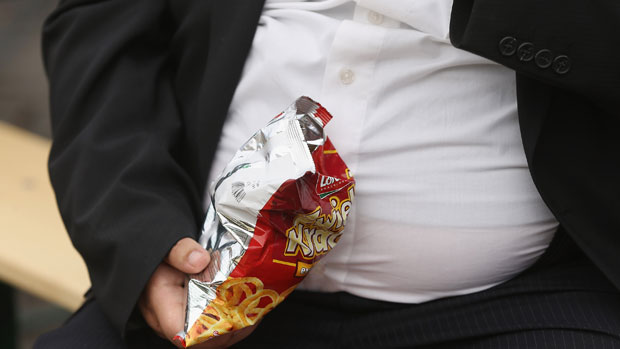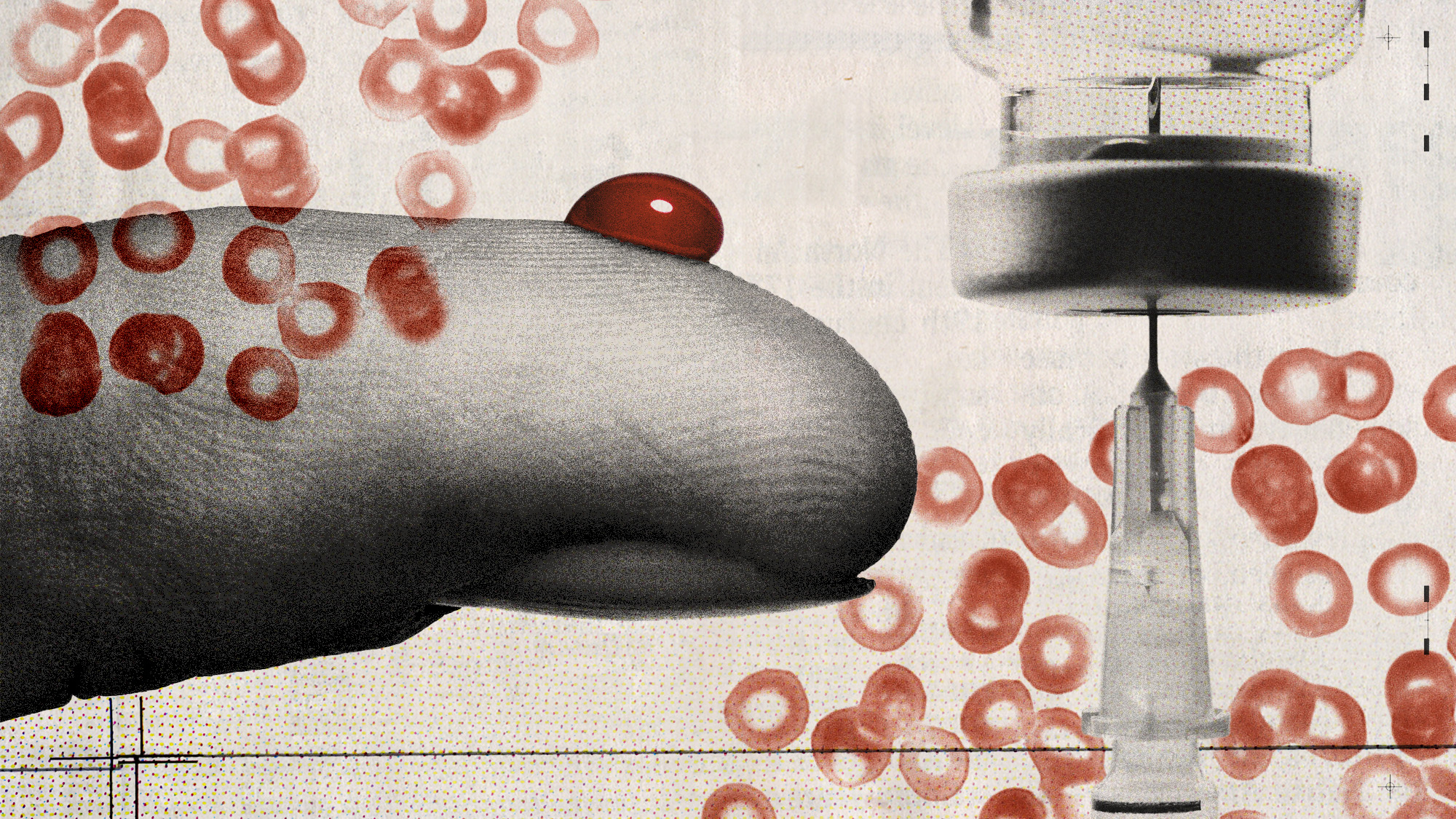More obese patients to get NHS weight-loss surgery
NHS told to spend more on operations to tackle the diabetes epidemic – but can it afford the cost?

A free daily email with the biggest news stories of the day – and the best features from TheWeek.com
You are now subscribed
Your newsletter sign-up was successful
The NHS should offer more weight-loss surgery to obese patients in order to make future savings and tackle the rise of diabetes, new draft guidelines have suggested.
The National Institute of Health and Care Excellence (Nice) has said the threshold for considering weight loss surgery should be lowered to include people with recently diagnosed type-2 diabetes who have a body mass index (BMI) of 30 and above.
Previously, only people considered to be 'morbidly obese', with a BMI of 35 and above, would have been considered for such surgery, the BBC reports.
The Week
Escape your echo chamber. Get the facts behind the news, plus analysis from multiple perspectives.

Sign up for The Week's Free Newsletters
From our morning news briefing to a weekly Good News Newsletter, get the best of The Week delivered directly to your inbox.
From our morning news briefing to a weekly Good News Newsletter, get the best of The Week delivered directly to your inbox.
By lowering the threshold, up to 850,000 more people could be eligible for so-called bariatric surgery, which includes a gastric bypass or gastric band.
The UK is currently facing a "diabetes epidemic", with type-2 diabetes often linked to obesity, an unhealthy diet and an inactive lifestyle.
Over 25 per cent of adults in the UK are obese and complications from the condition cost the NHS £5.1 billion every year, more than five per cent of its annual budget.
Research suggests that such operations significantly improve the symptoms in up to 60 per cent of all patients.
A free daily email with the biggest news stories of the day – and the best features from TheWeek.com
However, with surgery costing up to £15,000, the guidelines are proving to be highly contentious among healthcare workers.
There are concerns that while savings may be made in the future, the NHS is facing a serious budget crisis now and cannot afford the extra up-front costs.
Tam Fry from the National Obesity Forum said there is a "mismatch" between Nice's recommendations and what the NHS can actually afford.
"The problem is the health service is going to say, 'No we're out of money, you can't have it', and that's going to create great friction," he said.
Weight-loss surgery should be considered only "as a last resort if serious attempts to lose weight have been unsuccessful", said Simon O'Neill from Diabetes UK.
-
 Political cartoons for February 16
Political cartoons for February 16Cartoons Monday’s political cartoons include President's Day, a valentine from the Epstein files, and more
-
 Regent Hong Kong: a tranquil haven with a prime waterfront spot
Regent Hong Kong: a tranquil haven with a prime waterfront spotThe Week Recommends The trendy hotel recently underwent an extensive two-year revamp
-
 The problem with diagnosing profound autism
The problem with diagnosing profound autismThe Explainer Experts are reconsidering the idea of autism as a spectrum, which could impact diagnoses and policy making for the condition
-
 A real head scratcher: how scabies returned to the UK
A real head scratcher: how scabies returned to the UKThe Explainer The ‘Victorian-era’ condition is on the rise in the UK, and experts aren’t sure why
-
 How dangerous is the ‘K’ strain super-flu?
How dangerous is the ‘K’ strain super-flu?The Explainer Surge in cases of new variant H3N2 flu in UK and around the world
-
 Obesity drugs: Will Trump’s plan lower costs?
Obesity drugs: Will Trump’s plan lower costs?Feature Even $149 a month, the advertised price for a starting dose of a still-in-development GLP-1 pill on TrumpRx, will be too big a burden for the many Americans ‘struggling to afford groceries’
-
 The ‘menopause gold rush’
The ‘menopause gold rush’Under the Radar Women vulnerable to misinformation and marketing of ‘unregulated’ products
-
 The battle of the weight-loss drugs
The battle of the weight-loss drugsTalking Point Can Novo Nordisk and Eli Lilly regain their former stock market glory? A lot is riding on next year's pills
-
 A new subtype of diabetes was found and it may require different treatment
A new subtype of diabetes was found and it may require different treatmentUnder the radar It is prevalent in Black Africans and Americans
-
 Food may contribute more to obesity than exercise
Food may contribute more to obesity than exerciseUnder the radar The devil's in the diet
-
 How the care industry came to rely on migrant workers
How the care industry came to rely on migrant workersThe Explainer Government crackdown on recruiting workers abroad risks deepening care sector crisis, industry leaders warn